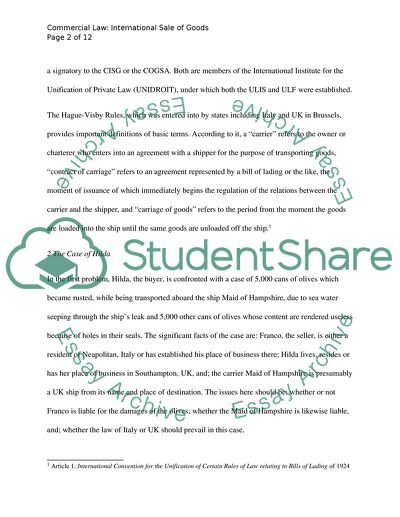Cite this document
(Commercial Law for Regulation International Sale of Goods Case Study, n.d.)
Commercial Law for Regulation International Sale of Goods Case Study. Retrieved from https://studentshare.org/law/1738136-commercial-law-international-sale-of-goods
Commercial Law for Regulation International Sale of Goods Case Study. Retrieved from https://studentshare.org/law/1738136-commercial-law-international-sale-of-goods
(Commercial Law for Regulation International Sale of Goods Case Study)
Commercial Law for Regulation International Sale of Goods Case Study. https://studentshare.org/law/1738136-commercial-law-international-sale-of-goods.
Commercial Law for Regulation International Sale of Goods Case Study. https://studentshare.org/law/1738136-commercial-law-international-sale-of-goods.
“Commercial Law for Regulation International Sale of Goods Case Study”, n.d. https://studentshare.org/law/1738136-commercial-law-international-sale-of-goods.


